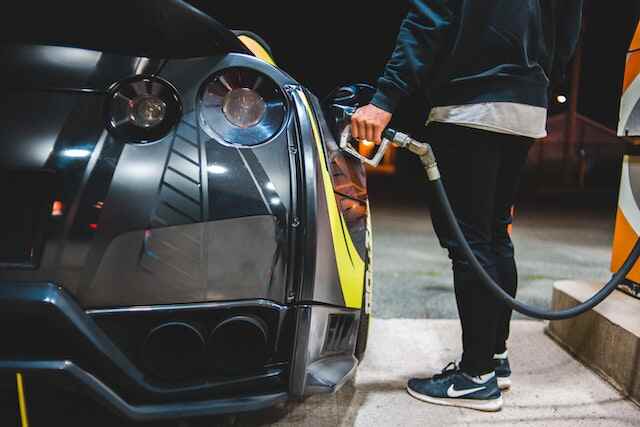Have you been looking for a simple way to save money on your fuel bills? Undoubtedly, with the cost of living on the rise, it’s perhaps no surprise that finding new ways to save money has become increasingly important. Nonetheless, there are options that can help with this, and we’ve outlined some of the key fuel saving tips you should know as follows to help.

Key Fuel Saving Tips You Should Know
Trying to save fuel? Whether it’s to save money or lower your carbon emissions while driving, the following tips could help.
#1 Don’t Speed
Many of us rush to get from point A to point B these days – and it’s easy to assume that you’ll burn less fuel if you spend less time on the road, too. However, this isn’t actually the case. In fact, driving quickly actually burns a lot more fuel over the same distance as going slowly.
Thus, if you want to cut back on the amount you burn, try not to go too quick; stick to just below the speed limit to shave a little off your fuel use.
#2 Manage Braking
Driving slowly can burn less fuel – but it can also make it much easier to manage braking (saving even more as a result). Indeed, constantly stop-starting can be a major problem when it comes to fuel use.
Speeding up and braking sharply can waste a lot of fuel, and so it’s often better to manage this. Where possible, anticipating traffic flow and using gentle braking to slow down when needed can potentially improve fuel efficiency by a significant amount.
#3 Look After Your Tyres
Letting your tyres run flat is a major safety hazard – but it can also eat into your car’s fuel consumption. As such, keeping your vehicle’s tires properly inflated is essential for better fuel efficiency.
Under-inflated tires create much more resistance with the road, thereby requiring the engine to work harder. And, of course, this means higher fuel use! Luckily, regularly check your tire pressure can improve both your vehicle’s handling and fuel efficiency.
#4 Check Your Vehicle’s History
Every car is unique – and so is their history. Thus, checking the vehicle’s history before purchasing can be a great way to reveal the MPG (miles per gallon) and to avoid buying one that’s done hundreds of thousands of miles (or even had a lot of problems). Therein, this can reduce the pressure on the engine, making the vehicle more efficient as a result.
Not sure how to go about this? Don’t worry – a number plate check is one of the simplest ways to find out more about your chosen model.
#5 Reduce Vehicle Weight
Reducing the weight of your vehicle can help improve fuel efficiency. Additional weight puts more pressure on the tires, increasing rolling resistance. By removing unnecessary items and excess weight, you decrease the load on the tires and reduce rolling resistance. This, in turn, improves fuel economy.
Final Thoughts
If fuel bills have been leaving you feeling a little light-headed, don’t panic; there are plenty of simple tips and tricks you could try to help. But remember: this will often come down to the efficiency of your car. So, if you do decide to buy a new car, try to check its car history first to help you buy a vehicle that’s not going to burn through fuel like crazy!
